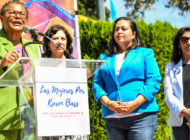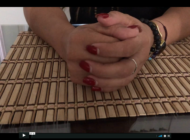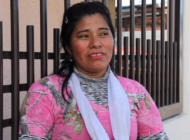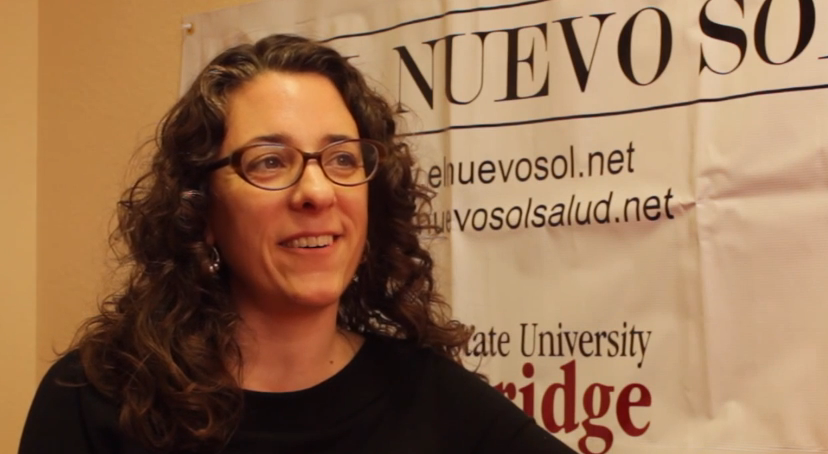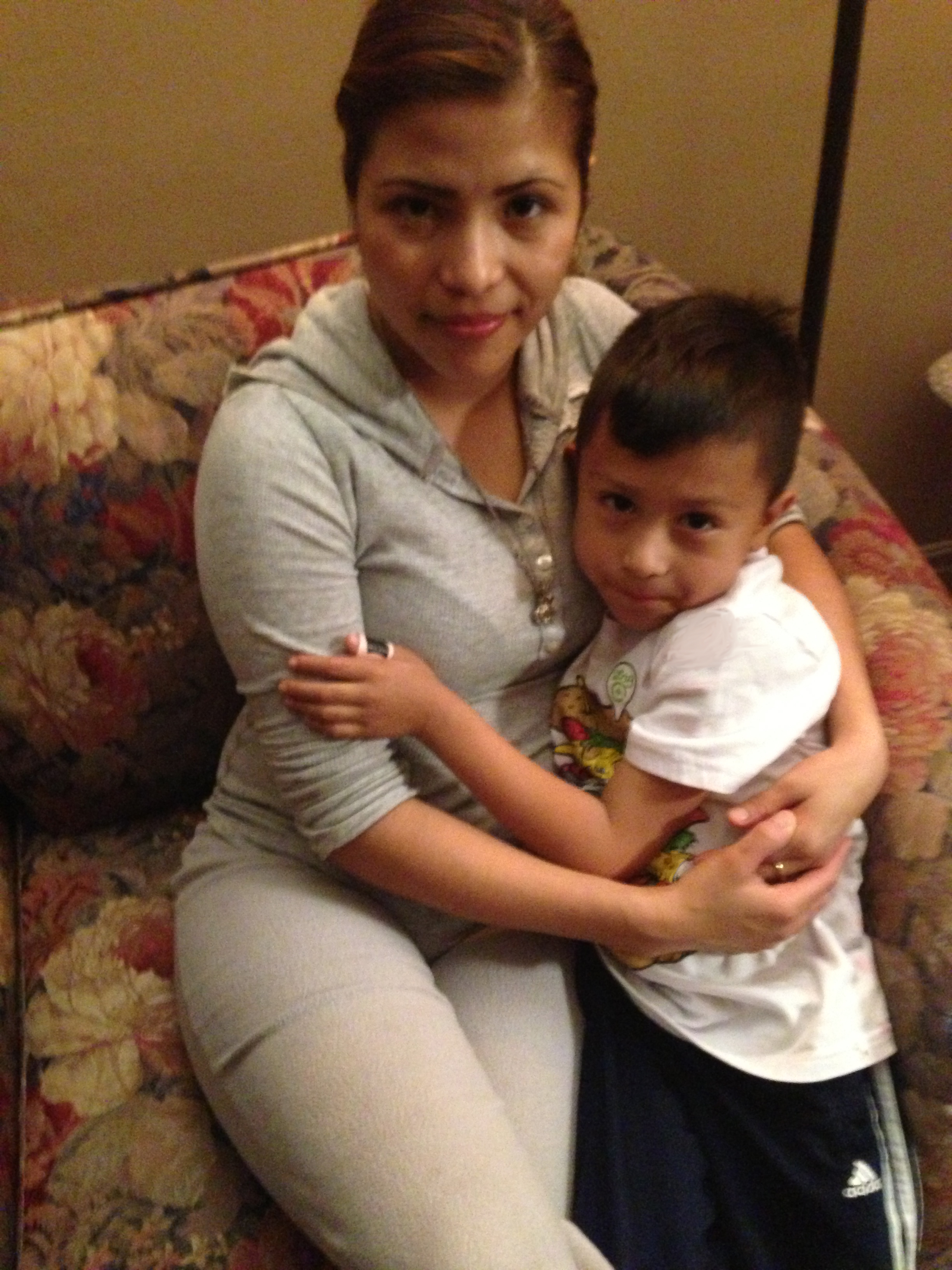Many Korean women leave their families and jobs in Korea under the guise of an affluent, prosperous Korean American husband who offers and promises them a better life with him as his wife in America. However; not long after arriving, they soon realize they were deceived and fear for their life.
Images as the above are every day occurrences for Korean women facing domestic abuse by their spouses.
By Michelle Ramnarine
EL NUEVO SOL
Sitting at the Home on the Green Pastures (a refuge for abused Korean women and children) I listen to Ms. Ae Hee Lo (the home’s counselor) speak of situations occurring commonly today where immigrant women leaving their homes and families in Korea marry Korean-American husbands and move to America to find themselves isolated in a foreign country and in most situations, subject to domestic abuse.
Many Korean-American men are seeking to marry a woman from Korea with traditional values and upbringing. They will either initiate contact a “broker” (match maker) to make arrangements for a match or will travel to Korea and seek out a potential wife by themselves. Unfortunately for these women their potential husband’s backgrounds are never researched or verified and many men represent themselves in the utmost positive light/scenarios.
Once the wives arrive to America they realize they’ve been deceived and the representation or image their husbands portrayed were inaccurate. These women feel isolated and helpless being in a country they do not speak the language nor have any friends or relatives. And due to a variety of reasons such as gambling, alcohol, drugs and or economic reasons (loss or adequate paying job) their husbands become abusive. A survey of immigrant Korean women found that 60 percent had been battered by their husbands. Married immigrant women experience higher levels of physical and sexual abuse than unmarried immigrant women, 59.5 percent compared to 49.8 percent.
The Korean culture is based on a deeply rooted Confucius philosophy that—like other philosophies and religions—reinforces patriarchy in society. But Confucianism does not promote violence. “Confucianism is hierarchical, filial, and emphasizes the respect for elders and the breadwinner in the family,” says California State University, Northridge Asian American Studies Professor Hey Young Kwon, “but the real structural problems these women are faced with are language barriers and lack of public services within the communities.”
Furthermore, many abusers often use their partners’ immigration status as a tool of control. As a result, it is common for the abuser to exert control over his partner’s immigration status in order to force her to remain in the relationship.
“Factors contributing to the occurrence and perpetuation of violence of Korean women are changes in the family and sex role system (by women becoming more Americanized and gaining independence which threatens the husband’s need for control), the cultural norms and values that sanction abuse (the traditional patriarchal system – supremacy of men, emphasis on family not the individual, emphasis on silent suffering versus open communication of the problem) and the community’s tolerance of violence by its reluctance to recognize and address the issue in public,” states Professor Kwon.
“Many of our clients are referred by police, social workers and/or hospitals and are in critical stages of abuse,” says Ms. Lo, the house counselor. “A majority of the women in the home are between the ages of 40-50 with a few 20 and 70-year-old’s. And many of the women do not want to press charges against their husbands but because the police are involved they have no choice.”
Some of the reasons Korean women stay in abusive situations is due to fear of losing her children, the shame or failure as a wife by cultural beliefs, lack of awareness of protections advocates or institutions, poverty and loneliness.
A few strategies to help the victim break the pattern of violence is to learn to speak out and break the silence, find ways to learn about immigration laws, domestic violence and/or custody laws and also seeking multicultural or cultural services or assistance through shelters, community health clinics and doctors, law enforcement, and legal services.
CORRECTION In the following video, California State University, Northridge Asian American Studies Professor Hey Young Kwon is identified as having a Ph.D. That is incorrect. Professor Kwon has an MA in Asian American Studies, and she getting her PhD in Sociology at USC.
Tags: Ae Hee Lo children Domestic abuse emotional abuse Home on the Green Pastures Hye Young Kwon immigrant Korean Korean American mental health Michelle Ramnarine physical abuse second step homes violence women







